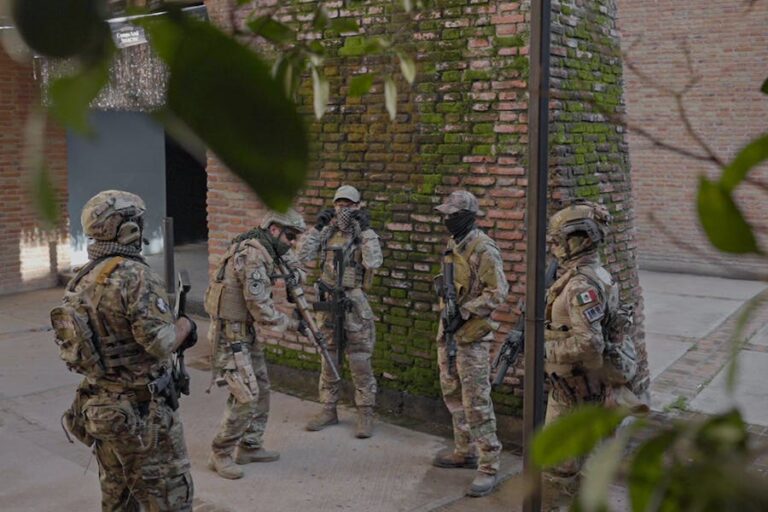The US has around 1.4 million military personnel, which makes it the third biggest army force. Many military personnel face the wrath of the Uniform Code of Military Justice.
The UCMJ is a federal law that serves justice within the military. The UCMJ will punish servicemen who engage in criminal activity.
You may be one of the many who are facing criminal charges by UCMJ. In such situations, learning about the court martial process is important. You can do this by visiting websites like www.militarylaw.com.
Learning about the court process alone is not enough. You need to hire a military defense lawyer who can protect you and win your case.
This blog post gives you an idea of the court martial process. You can also speak with an experienced lawyer to learn more in detail.
Types Of Court Martial
The court-martial process is of three types, which are:
- Summary courts-martial
- Special courts-martial
- General courts-martial
Summary Court-Martial
This court-martial is for less serious offenses by enlisted personnel. This type of case involves one commissioned person who acts as the judge and the jury. They will decide the outcome of the case.
The defendant doesn’t have the right to a free attorney in these types of cases. However, they have the right to hire one. Usually, the punishment will be a sentence of up to one month, hard labor, etc.
Special Courts-Martial
A special court is also often known as a misdemeanor court. This type of case will have a panel of three members and a judge.
This type of case deals with more serious offenses done by military personnel.
The defendant has the right to a free attorney appointed by the court.
Since this type of case deals with serious crimes, the punishment will also be severe. The punishment for these crimes may even include dishonorable discharges.
General Courts-Martial
A general court martial is often characterized as a felony court. In this court, the defendant may even face the death penalty.
The panel is usually made up of five members and a judge. However, the case can be tried by the judge alone at the request of the defendant.
The Court Martial Process
- Preferral of charges: In military terms, the preferral of charges is where the commanding officer brings the charges against the servicemen who violated the law.
- Article 32 investigation: In this phase, the prosecution will conduct an investigation to learn whether there is enough evidence to proceed with the case.
- Referral of charges: After the investigation, the authority will review the findings and decide whether to proceed or not.
- Arraignment: The accused will be formally informed. They will be given the option to enter into a plea deal.
- The Trial: Both parties will present evidence, cross examine witnesses, and present their opening and closing statements.
- Sentencing: After hearing both sides’ arguments, the panel members will make a decision. They will issue a suitable punishment for the serviceman’s crime.
- Appeal: If the defendant is not satisfied with the panel members’ decision, they can appeal the panel’s decision.
Rights of the Defendant
The defendant has the following rights:
- The right to remain silent
- The right to hire an attorney
- The right to cross-examine the witnesses
- The right to be free from unlawful searches
Final Thoughts
No amount of knowledge is equal to the expertise a military defense lawyer brings to the table. They can help the defendant save their career and escape prison time.
Knowledge about military law is crucial, but so is hiring an attorney. They play a crucial role in winning court-martial cases. It is best to involve these attorneys in the earlier stages. Only then can they formulate strategies to counter the prosecutor’s claims.
